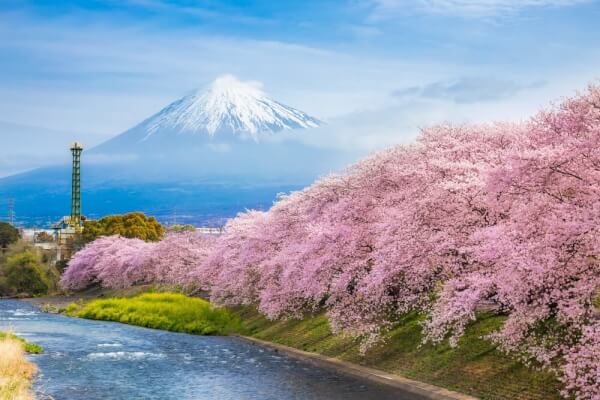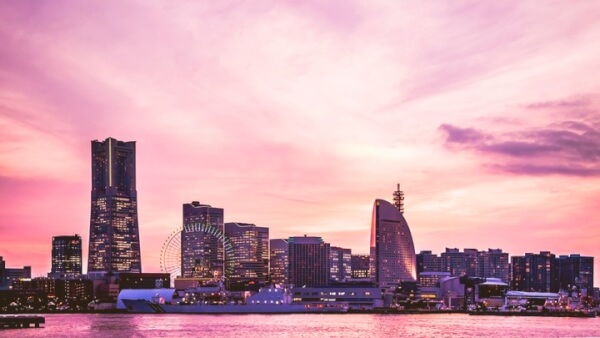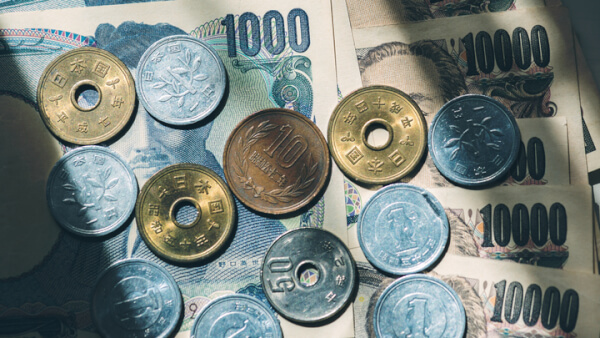Japan Travel Tips - 11 things to know before going to Japan
Heading to Japan? Here are 11 essential tips to help you prepare for a smooth, stress-free, and unforgettable experience!

Japan is generally viewed as a medically-safe location for tourists with high-quality medical care. If you’re visiting Japan for a holiday or short-term visit, you aren’t required to get vaccinations, no matter where you’re from. However, you should still take care to be prepared for a new environment and exposure to new foods and bacteria that could disrupt your system. Here are some recommendations to follow before you travel.
Shots, vaccinations, and immunisations are all different, but are part of the process of making your body more resistant to unfamiliar germs and infectious diseases. The process of immunisation entails exposing yourself to a very small dose of a certain disease. You get a shot of the vaccination in your arm, leg or other substantial part of your body. This process will protect you against the disease as your body develops the antibodies to cope with the exposure at a manageable level. Sometimes, immunisation requires a round of shots over a certain time frame, other times it’s administered all at once.
It’s important to be up-to-date on your vaccines when you travel, because you’ll encounter unfamiliar germs and diseases. When you spend time in a new climate, you’re not used to the temperatures, the food, the ecosystems, or the wildlife. All of those factors can have an effect on how vulnerable you are to disease. Vaccinations can help steel your body against some of these germs in a more controlled way that ultimately protects you.
Some countries require vaccinations because they know that their environments have a high risk of foreigners contracting certain diseases. Other countries just recommend them but don’t require them, and Japan is one of those.
In general, vaccinations help to control the spread of disease. They ensure that you don’t carry a disease back home with you after contracting it when you visit a new place. You protect yourself, but equally as important, you protect those in your home environment with weaker immune systems, like babies and the elderly.
Within the past few years, measles outbreaks have been an ongoing problem in Japan. The high season for measles outbreaks tends to be spring and summer. Although the number of cases is on the decline, you could still be susceptible if you aren’t vaccinated.
Another ongoing issue in Japan is the norovirus, which recently hit a peak number of cases since 2006. The virus can cause infectious gastroenteritis which has side effects of stomach pains, vomiting and diarrhea. You can mitigate the risk by practicing proper hand hygiene, cleaning and disinfecting potentially contaminated surfaces, and washing laundry frequently and thoroughly.
Japan also had an outbreak of Dengue Fever in 2014, with 162 cases reported nationwide. It’s not likely that you’ll be exposed to this disease, but to avoid it entirely will be difficult, as it is spread through mosquitoes, which are very common during Japan’s hot and muggy summers.
Before visiting Japan, you should check in with your doctor about four to six weeks prior to your trip. Make sure you’re all caught up on your routine vaccinations. Most vaccinations are given within a four-week window of your departure.
You’re not obligated to get any shots to enter Japan for the holidays or short-term travel. However, your home country probably requires you to be vaccinated against the following:
So as long as you’ve had those vaccines done, you can rest assured that you’ve taken the necessary precautions before your trip.
Nevertheless, certain regions and times of year will make you more vulnerable. You may want to look into the following vaccinations:
| Vaccine / shot | Required for any nationality? | Recommended For... | Reason |
|---|---|---|---|
| Rabies | no | People who will be outdoors, people who will be working with bats | Rabies is found in dogs, bats, and other mammals that can be spotted throughout Japan |
| Hepatitis A | no | All travelers | You can contract Hepatitis A through contaminated food or water in any Japanese region |
| Hepatitis B | no | Travellers with a new sexual partner or planning on undergoing procedures involving needles (tattoos, piercing, etc.) | Hepatitis B can be contracted through sex, contaminated needles, or blood. |
Japan can have hot and muggy summers, so if you want to avoid heat, and all the germs that come along with it, go to Japan during late spring or autumn (March through May, September through November). There isn't a lot of rainfall during those times and temperatures tend to be mild. You might also catch a glimpse of the cherry blossoms in spring or the autumn leaves this way.
Japan is a sophisticated country with a complex infrastructure, so if you get sick, you’re probably not too far from a hospital or urgent care center. Through Japan’s public health system, you might only have to pay 30% of the cost of medical treatment, depending on your insurance. If you do get sick or undergo an emergency, here are some of your options:
Japan is a popular destination for tourists, and it’s a clean and hospitable country. Travel always comes with some risk, but if you’re vigilant you should be fine. If you have questions, make sure to consult your physician before you leave. You can always buy some bug spray, wash your hands, and take other basic actions to limit your exposure to germs.
*Please see terms of use and product availability for your region or visit Wise fees and pricing for the most up to date pricing and fee information.
This publication is provided for general information purposes and does not constitute legal, tax or other professional advice from Wise Payments Limited or its subsidiaries and its affiliates, and it is not intended as a substitute for obtaining advice from a financial advisor or any other professional.
We make no representations, warranties or guarantees, whether expressed or implied, that the content in the publication is accurate, complete or up to date.

Heading to Japan? Here are 11 essential tips to help you prepare for a smooth, stress-free, and unforgettable experience!

Wondering when the best time to visit Japan is? Learn more about weather, seasons and what to do throughout the year in Japan.

Just under 10 hours direct flying time from Australia, Japan is a much-loved travel destination for many Aussies with more than half a million of them landing...

You’ll find international automatic teller machines (ATM) and cash dispensers in more than 20,000 post offices and 10,000 7-Eleven convenience stores across...

Visiting Japan? Get essential money tips! Learn about Japanese Yen (JPY), currency exchange, ATMs, card usage, and how Wise can save you money on your trip.